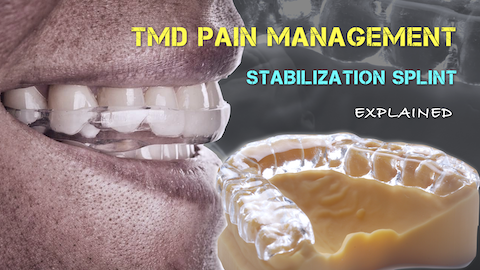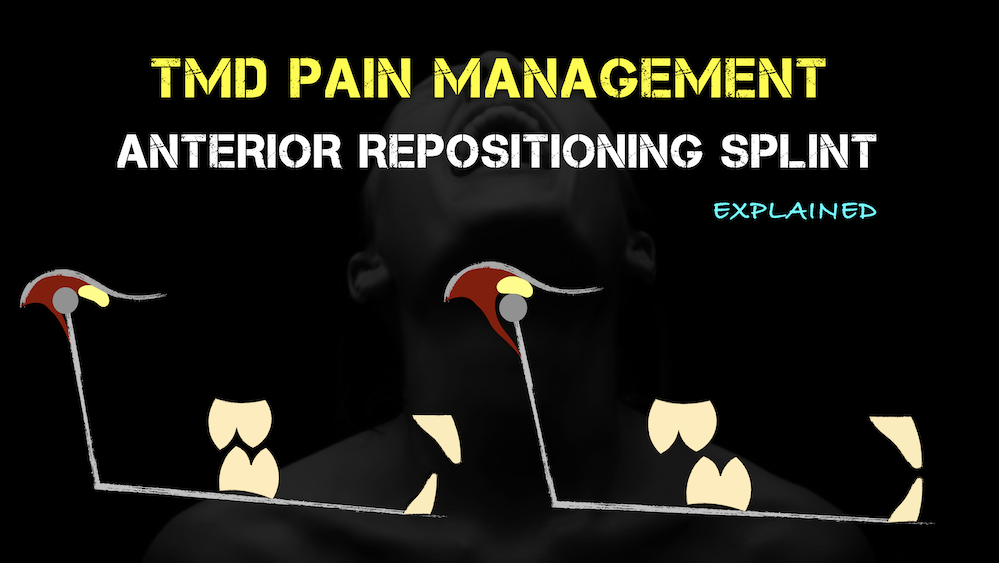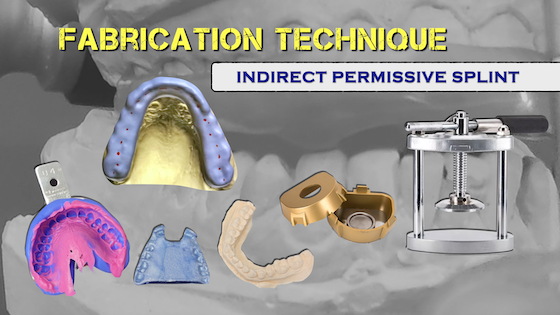There are no items in your cart
Add More
Add More
| Item Details | Price | ||
|---|---|---|---|
This package has 8 lectures that explain all types of splints used for the management of TMDs.
5.0 (2 ratings)
Language: English
Validity Period: 45 days
Why this course?
Video 1:
In this video, I explain splint therapy and the different types of appliances used.
I also list the top 3 splints that I routinely use in TMD pain management.
Video 2:
What is an anterior stop appliance and where is it used?
In this video, I explain three different types of anterior stop appliances that best serve the management of occluso-muscle disorders.
Video 3:
This is a very important splint in the spectrum of TMD management.
What is a permissive splint and how is it used makes the foundation of this video.
I explain the design of the splint, the ideal occlusion, and how to achieve it when adjusting the bite. Also included are indications and duration of wear.
Video 4:
As the name suggests, this splint involves holding the mandible in a protruded position. The question arises, why so? why bring the jaw forward?
The answer is in this video, along with the duration of wear.
This splint has very specific indications and can be a great asset in your TMD armamentarium.
Video 5:
This is a video where I explain the technique of customization for anterior stop appliances; namely Unwind MD, Duran, and Durasoft with an anterior stop.
Video 6:
Directive splints can only be made intraorally using self-cure acrylic resin and there is a very simple and effective way of doing it.
How to fabricate an anterior repositioning splint is explained in this video.
Video 7:
Very important video in the series of TMD management, where a lot of questions will get answered. In this, I explain the procedure for getting a stabilization splint made by the laboratory and then adjusting the bite intra-orally using 100 micron articulating paper.
As awareness regarding splint therapy is bleak, there are not many laboratories trained in the art of splint fabrication. With this very thought, we started MIK Splint Lab in the year 2020 with the mission of helping you take care of your TMD patients.
Video 8:
What can you do for patients who cannot afford a laboratory-fabricated permissive splint, owing to a lack of finances or time. This is where a direct stabilization splint comes into the picture.
Because it is fabricated intraorally using self-cure acrylic resin, the production cost is minimal, and also the time needed to fabricate the splint can be significantly reduced.
In this video, I explain step-by-step how to go about designing and delivering a direct permissive splint to the patient.
After successful purchase, this item would be added to your courses.You can access your courses in the following ways :








